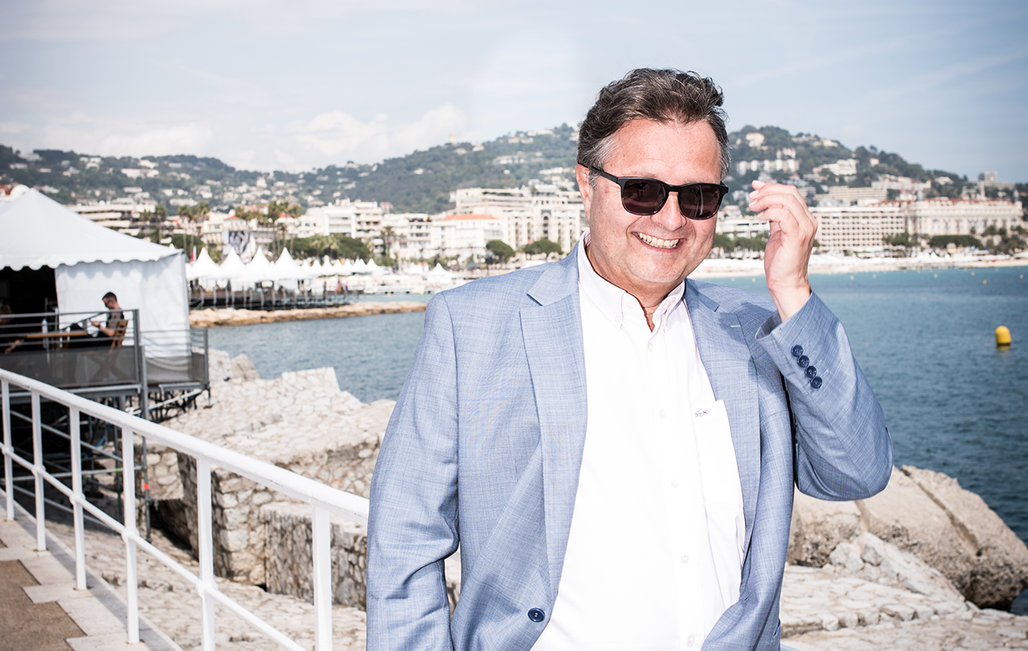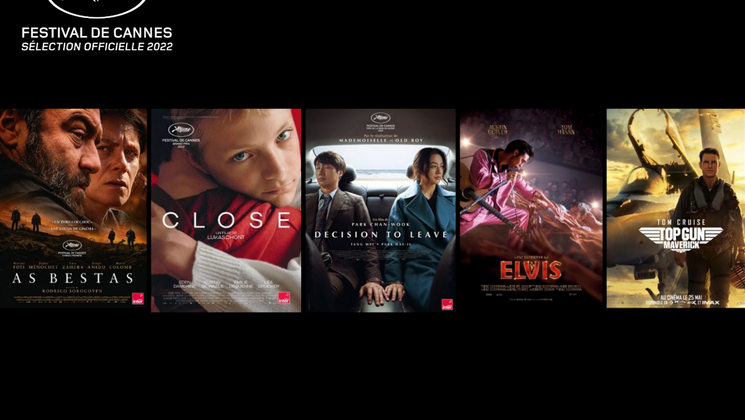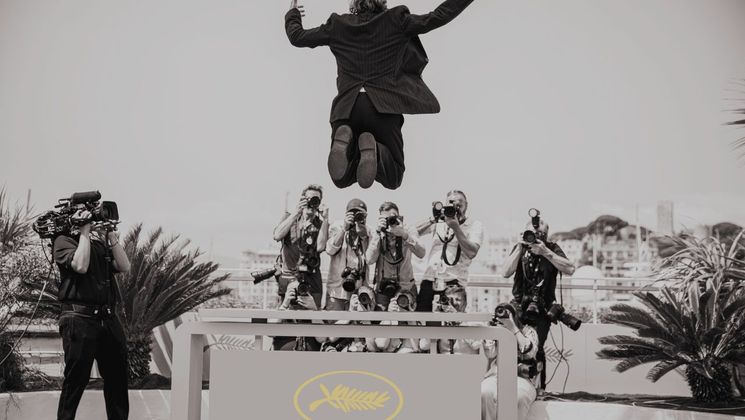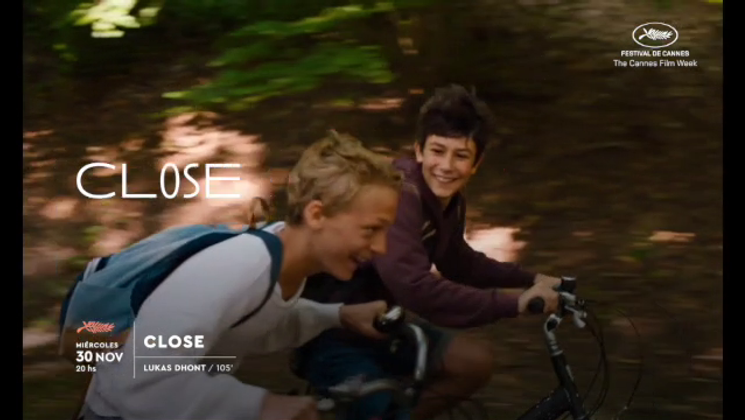
Interview with Jérôme Paillard, head of the Marché du Film for 27 years

Hours before stepping down as head of the Marché du Film and passing the baton to his successor, Guillaume Esmiol, Jérôme Paillard takes stock of twenty-seven years of heading up an event that he turned into something internationally renowned by continually adapting it to the concerns of the film industry.
What was the Marché du Film like when you took up your position?
It was very different than what it is today. It was indeed in the basement of the Palais, but there were still a lot of porn stands and all these dreadful little screening rooms, with screens that were barely 1.5 metres. It was almost like a home theatre! The big companies who were at Cannes were working from hotels and apartments and were not considered as being part of the Marché du Film. My first decision, which I took in November 1995, was to bring together everyone who was doing business at Cannes. We worked tirelessly for a number of months to convince companies of the value that there was for them to be a part of the Marché du Film in exchange for a service. The biggest thing that we could offer at the time was information. There was no programme. People were organizing screenings in their neighbourhoods at local cinemas. Right from the first year, we doubled the number of people with accreditation. That provided a real shock. One of the things that we had imagined, and which was difficult to implement the first year, was to create a guide that would put professionals in touch with each other. It doesn’t exist anymore because of digitalisation and environmental concerns, but it was a massive tome of a thousand pages with a picture of every participant.
What are the other big changes that you implemented?
There were a number of big stages, starting with the creation of Cinando. At the beginning we called it CannesMarket.com. We launched it in 1999. In 2000, there was the construction of the Riviera, the building behind the Palais des Festivals. It made it possible to bring into the Palais a number of companies that were working from hotels. In 2005, we created the Producer’s Network because we quickly realised that there was a big demand from producers to find partners, financing and countries to shoot in. It was the natural continuation of the Village International, where there are unique resources for producers. We then continued the development of niche programmes. The strength of Cannes is that everyone is there and it’s very diverse, both geographically and from the point of view of the types of companies. From this has emerged: Cannes Docs, Frontières and Fantastic 7 for genre films, Animation and Next for technology, CannesXR for VR, etc. For each of these programmes we created places, events, breakfasts, cocktail parties to help put people into contact with each other. And it works.
What initiative is closest to your heart?
There’s one that I’d like to mention because we stopped it, as it sometimes happens that we can be mistaken. In 2000, we created an event called Mitic. It was an innovation market. For three years we presented all of the digital technologies and developments connected to cinema. It was interesting but the digital turn was so quick that it absorbed everything and there was no longer any reason for Mitic.
What was the most difficult turn to take?
Right now, the turn towards platforms is complicated. We’re trying to go along with it as best we can and it’s not finished. I think that it’s going to require the market to deeply reform itself. It’s going to be necessary to remake the strategy of the market and influence it much more strongly by adding programmes. My successor is qualified to bring about this revolution. More recently, the turn towards digital was imposed on us by force. In 2020, we had to create an online market in only a few weeks. We were the first and it was a great success. The following year, we launched a hybrid model and realised that it wasn’t working as well. Zoom is great, but certainly not for developing relationships based on trust. Working online is perfect for continuing a discussion or a negotiation. But it doesn’t replace real life meetings. So what we’ve been doing for twenty-seven years is going to continue.
What are you proudest of?
To have made the Marché du Film the biggest market in the world, right in the heart of the Festival. I arrived at a time when the Festival was becoming aware of the importance of having two pillars. There was this conviction – that turned out to be validated – that each could support the other. For the Festival, it’s important that the Films of the Selection enjoy economic benefits thanks to the Marché. And obviously, for the Marché, the extraordinary locomotive strength that is the Festival changes everything.
The future of cinema was discussed during this 75th edition. What is your point of view?
It’s a real question. There is first of all the question of the future of the theatre. In France, we often blend together ideas of films and ideas of theatres and I don’t always agree with this approach. There are cinematographic works that don’t have the opportunity to come out in theatres. That doesn’t take away from the fact that they’re extraordinary works. I really hope that people will start going back to theatres. Some are starting to diversify by organising conferences. I don’t think that’s good for cinema because these initiatives, as interesting as they may be, will take the place of film screenings. There’s also work to be done in terms of thinking about media release timetables. In France, it’s a question of shortening distribution windows. I hope that platforms will realise the importance of releasing films in theatres first. The life of a film in media space is very short. Thinking that we’ll be talking about a film three years after its presentation at the festival is an illusion. For the most fragile films, the idea is to concentrate their release as much as possible to benefit from the visibility that they had at festivals.
What advice have you given to your successor?
Don’t be afraid to provide new answers by relying on the existing team, which is enthusiastic and will know how to support and construct these new experiences. We are lucky, in the context of the Festival, to be able to experiment. We’ve got to take advantage of that.


